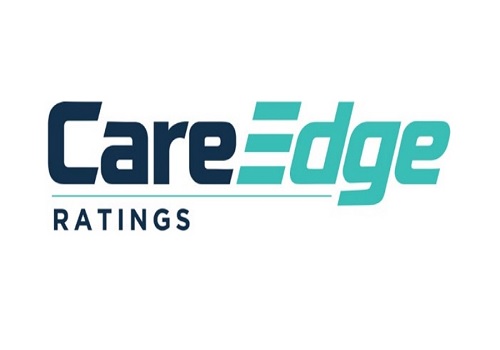NBFCs` education loan AUM likely to cross Rs 60,000 crore in FY25: CRISIL

CRISIL Ratings in its latest report has said that education loans, primarily those to fund courses overseas, will continue to be among the fastest-growing segments for non-banking financial companies (NBFCs) because of rising demand for higher education. After robust growth of over 80% and 70% in fiscals 2023 and 2024, respectively, NBFCs’ education loan assets under management (AUM) rose to around Rs 43,000 crore as on March 31, 2024. Their AUM is expected to grow at a healthy clip of 40-45% to cross Rs 60,000 crore this fiscal. On the asset quality front, metrics should remain stable despite country-specific concerns.
According to the report, strong micro-market intelligence and fast turnaround times have allowed NBFCs to carve out a niche in the education loans space. Their specialised business model - backed by strong understanding of relevant geographies, courses, universities, tenures and profiles of students and their families -affords customisation of products, enabling better assessment of employability and risk-adjusted pricing. The portfolio performance of these NBFCs have been resilient so far based on strong credit underwriting. Their 90 plus days’ past due (dpd), for education loans, was around 0.2% as on March 31, 2024, whereas for private and public sector banks, gross non-performing assets were 2.0% and 3.9%, respectively. Peak quarterly delinquency on the vintage pool of 90 plus dpd for NBFCs was also below 1%.
Nevertheless, it said these NBFCs have shown agility in navigating country-specific concerns. For instance, while the US, the UK and Canada are preferred destinations, NBFCs have reduced exposure to Indian students studying in Canada to around 15% as on March 31, 2024, from around 21% two years ago. This has been in response to changes in the regulatory and operating environment there. That said, healthy capitalisation supported by investor interest has backed the credit risk profile and growth of these NBFCs. Their ability to continue growing while maintaining asset quality--even as a higher portion of the portfolio comes out of moratorium amid the evolving global macro environment--will bear watching.























